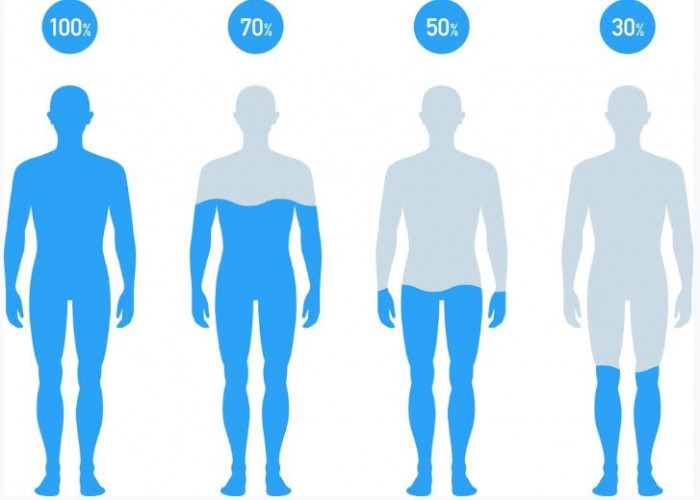 Welcome
Welcome
“May all be happy, may all be healed, may all be at peace and may no one ever suffer."
Dehydration
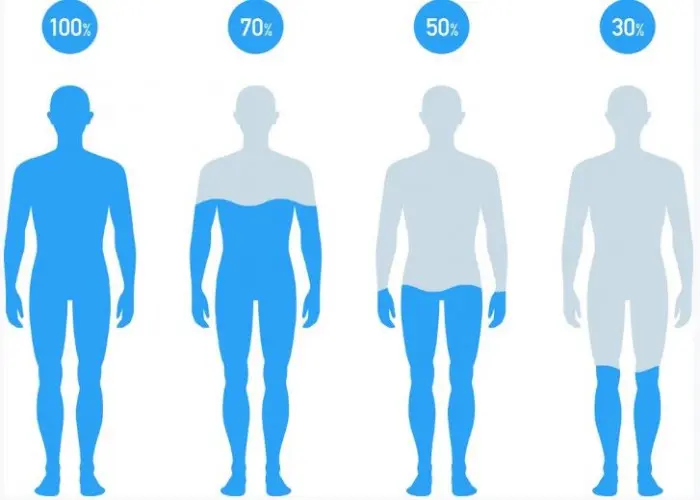
Dehydration occurs when your body loses more fluids than it takes in, leading to a lack of water and essential electrolytes in your body. This can be caused by a variety of factors, including illness, hot weather, excessive exercise, alcohol consumption, and not drinking enough fluids.
Mild dehydration can cause symptoms such as thirst, dry mouth, fatigue, and headache. As dehydration becomes more severe, symptoms can include dizziness, rapid heartbeat, confusion, and in extreme cases, seizures and loss of consciousness. In addition to these symptoms, urine output may be decreased, and urine may become dark in color.
Treatment for dehydration typically involves drinking fluids, such as water or an electrolyte-rich drink. In mild cases, drinking fluids may be enough to resolve the symptoms of dehydration. In more severe cases, hospitalization may be necessary to receive intravenous fluids and electrolytes.
Preventing dehydration involves drinking enough fluids to keep your body hydrated, especially during periods of exercise, hot weather, or illness. It is important to drink enough water throughout the day, even if you do not feel thirsty. In addition to water, consuming foods and drinks that contain electrolytes, such as sports drinks or coconut water, can help to maintain proper fluid balance in the body.
Research Papers
Disease Signs and Symptoms
- Dehydration
- Dizziness (vertigo)
- Fatigue (Tiredness)
- Dark urine color
- Frequent urination
- Excessive thirst
- Irritability
- Sunken appearance to the eye
- No tears when crying
- Dry tongue
- Dry mouth
- Confusion (Hallucinations)
Disease Causes
Dehydration
Sometimes dehydration occurs for simple reasons: You don't drink enough because you're sick or busy, or because you lack access to safe drinking water when you're traveling, hiking or camping.
Other dehydration causes include:
- Diarrhea, vomiting. Severe, acute diarrhea — that is, diarrhea that comes on suddenly and violently — can cause a tremendous loss of water and electrolytes in a short amount of time. If you have vomiting along with diarrhea, you lose even more fluids and minerals.
- Fever. In general, the higher your fever, the more dehydrated you may become. The problem worsens if you have a fever in addition to diarrhea and vomiting.
- Excessive sweating. You lose water when you sweat. If you do vigorous activity and don't replace fluids as you go along, you can become dehydrated. Hot, humid weather increases the amount you sweat and the amount of fluid you lose.
- Increased urination. This may be due to undiagnosed or uncontrolled diabetes. Certain medications, such as diuretics and some blood pressure medications, also can lead to dehydration, generally because they cause you to urinate more.
Disease Prevents
Dehydration
To prevent dehydration, drink plenty of fluids and eat foods high in water such as fruits and vegetables. Letting thirst be your guide is an adequate daily guideline for most healthy people.
People may need to take in more fluids if they are experiencing conditions such as:
- Vomiting or diarrhea. If your child is vomiting or has diarrhea, start giving extra water or an oral rehydration solution at the first signs of illness. Don't wait until dehydration occurs.
- Strenuous exercise. In general, it's best to start hydrating the day before strenuous exercise. Producing lots of clear, dilute urine is a good indication that you're well-hydrated. During the activity, replenish fluids at regular intervals and continue drinking water or other fluids after you're finished.
- Hot or cold weather. You need to drink additional water in hot or humid weather to help lower your body temperature and to replace what you lose through sweating. You may also need extra water in cold weather to combat moisture loss from dry air, particularly at higher altitudes
- Illness. Older adults most commonly become dehydrated during minor illnesses — such as influenza, bronchitis or bladder infections. Make sure to drink extra fluids when you're not feeling well.
Disease Treatments
The only effective treatment for dehydration is to replace lost fluids and lost electrolytes. The best approach to dehydration treatment depends on age, the severity of dehydration and its cause.
For infants and children who have become dehydrated from diarrhea, vomiting or fever, use an over-the-counter oral rehydration solution. These solutions contain water and salts in specific proportions to replenish both fluids and electrolytes.
Start with about a teaspoon (5 milliliters) every one to five minutes and increase as tolerated. It may be easier to use a syringe for very young children. Older children can be given diluted sports drinks. Use 1 part sports drink to 1 part water.
Most adults with mild to moderate dehydration from diarrhea, vomiting or fever can improve their condition by drinking more water or other liquids. Diarrhea may be worsened by full-strength fruit juice and soft drinks.
If you work or exercise outdoors during hot or humid weather, cool water is your best bet. Sports drinks containing electrolytes and a carbohydrate solution also may be helpful.
Children and adults who are severely dehydrated should be treated by emergency personnel arriving in an ambulance or in a hospital emergency room. Salts and fluids delivered through a vein (intravenously) are absorbed quickly and speed recovery.
Disease Diagnoses
Disease Allopathic Generics
Disease Ayurvedic Generics
Disease Homeopathic Generics
Disease yoga
Dehydration and Learn More about Diseases

Left ventricular hypertrophy
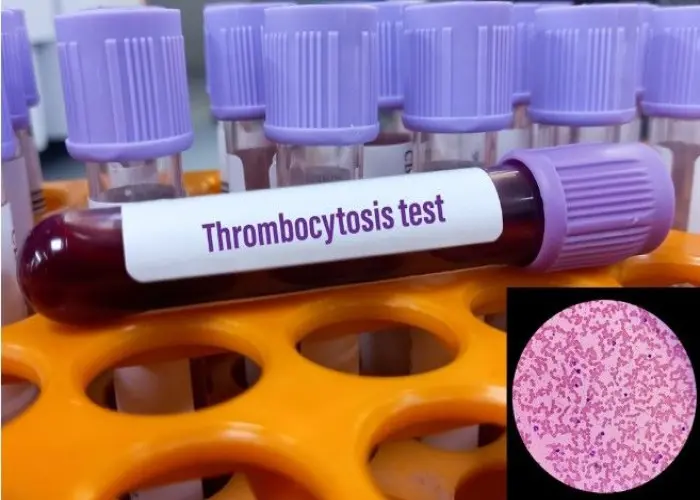
Essential thrombocythemia

Molar pregnancy
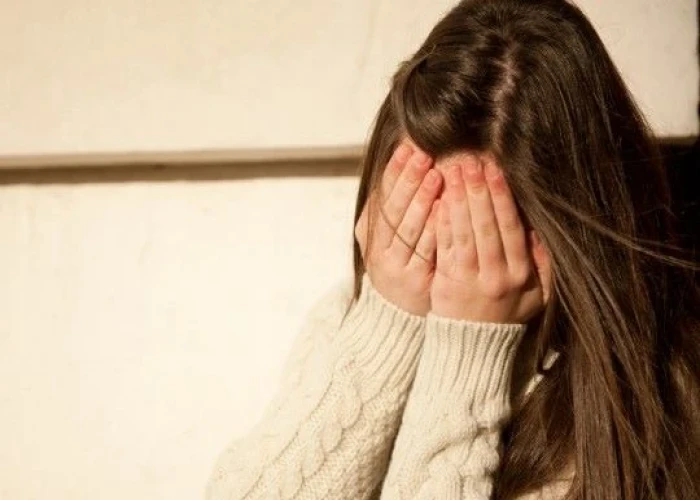
Post-traumatic stress disorder (PTSD)

Primary ovarian insufficiency
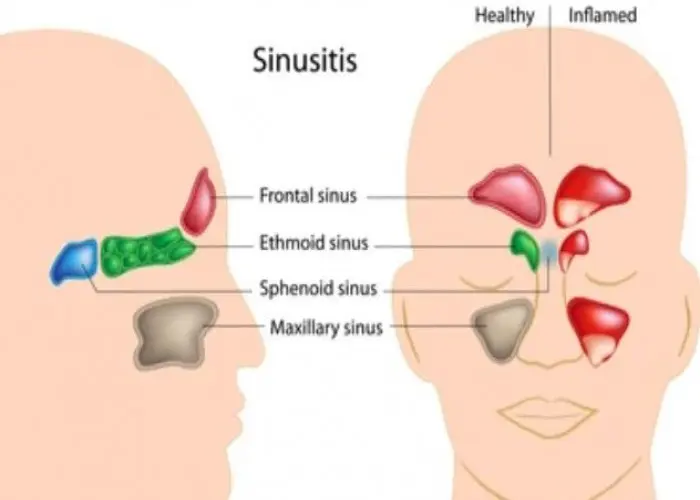
Chronic sinusitis
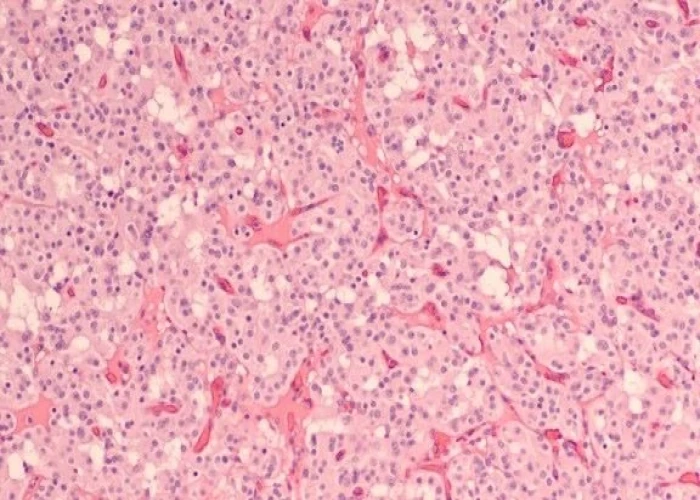
Pancreatic cysts
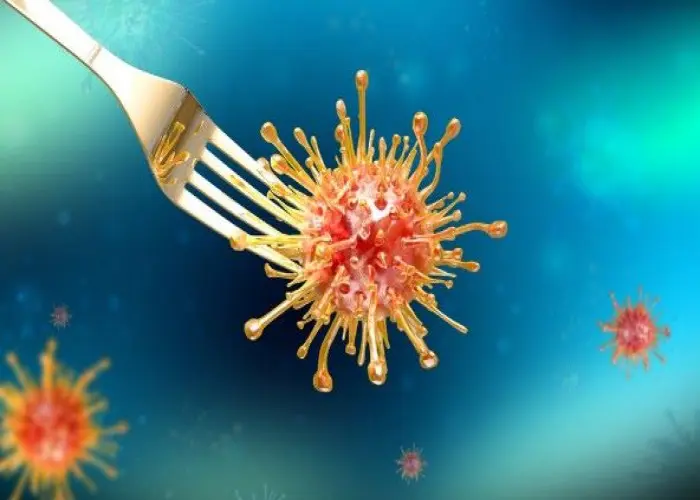
Food poisoning
Dehydration, Dehydration symptoms , Signs of dehydration, পানিশূন্যতা
To be happy, beautiful, healthy, wealthy, hale and long-lived stay with DM3S.
